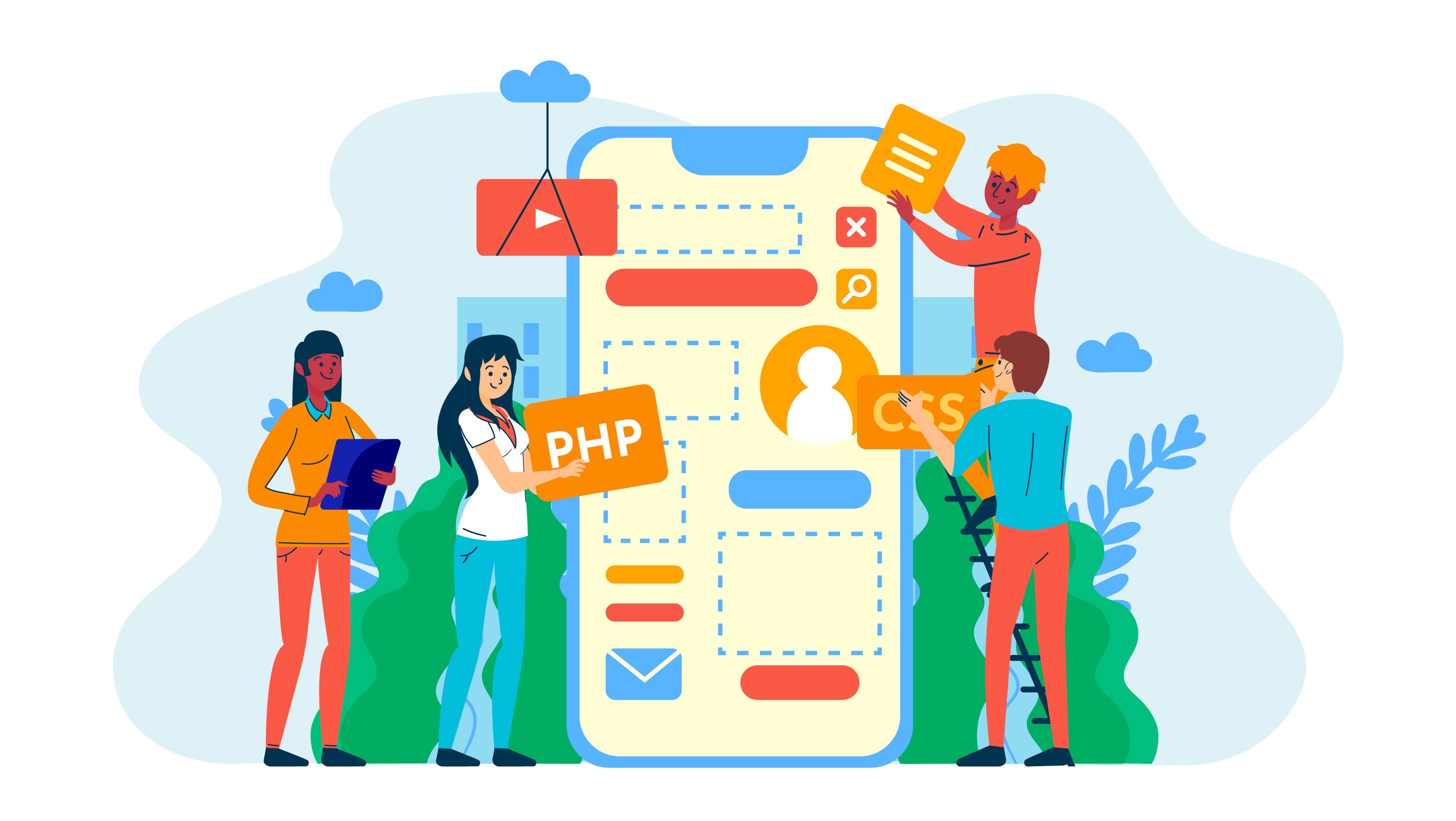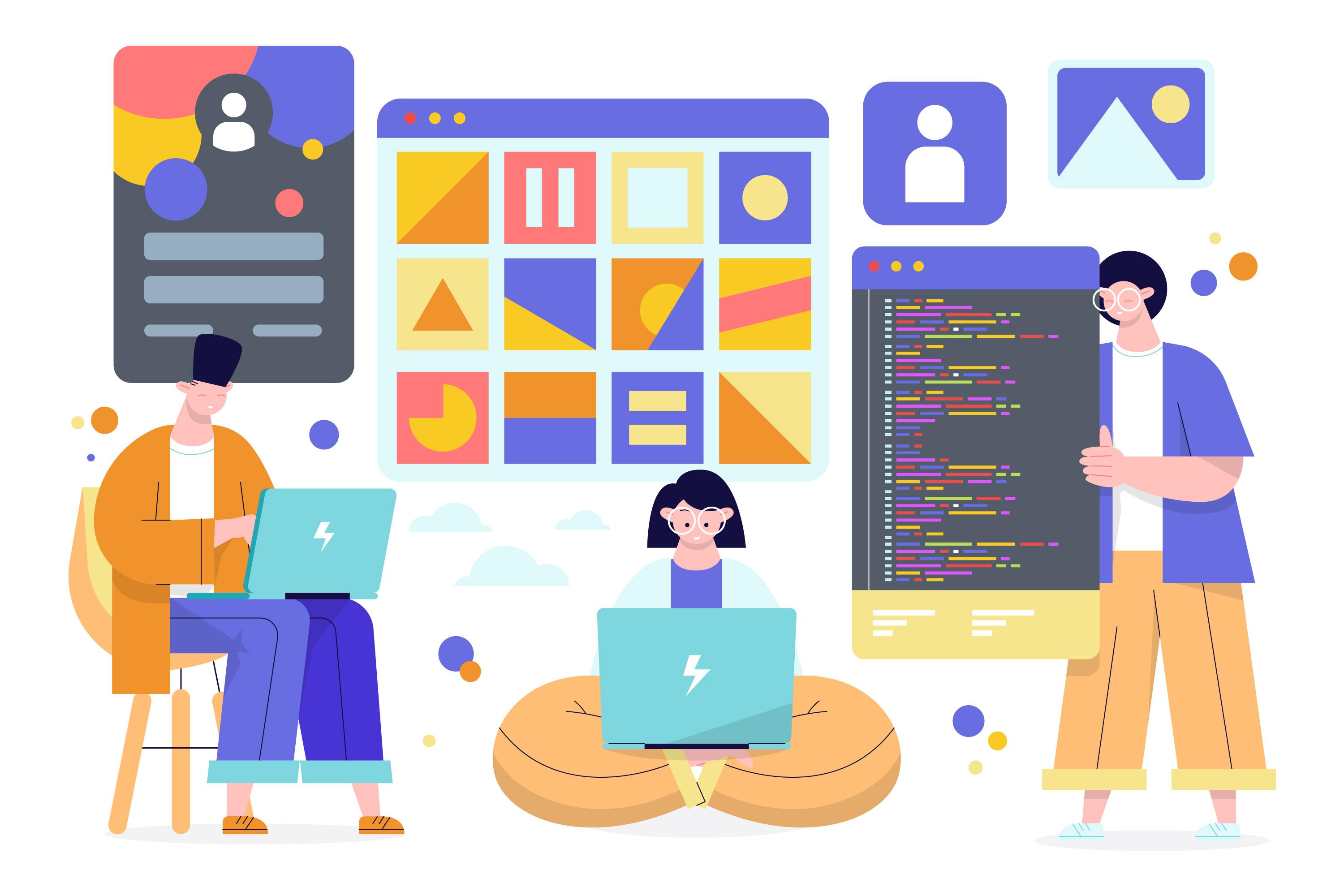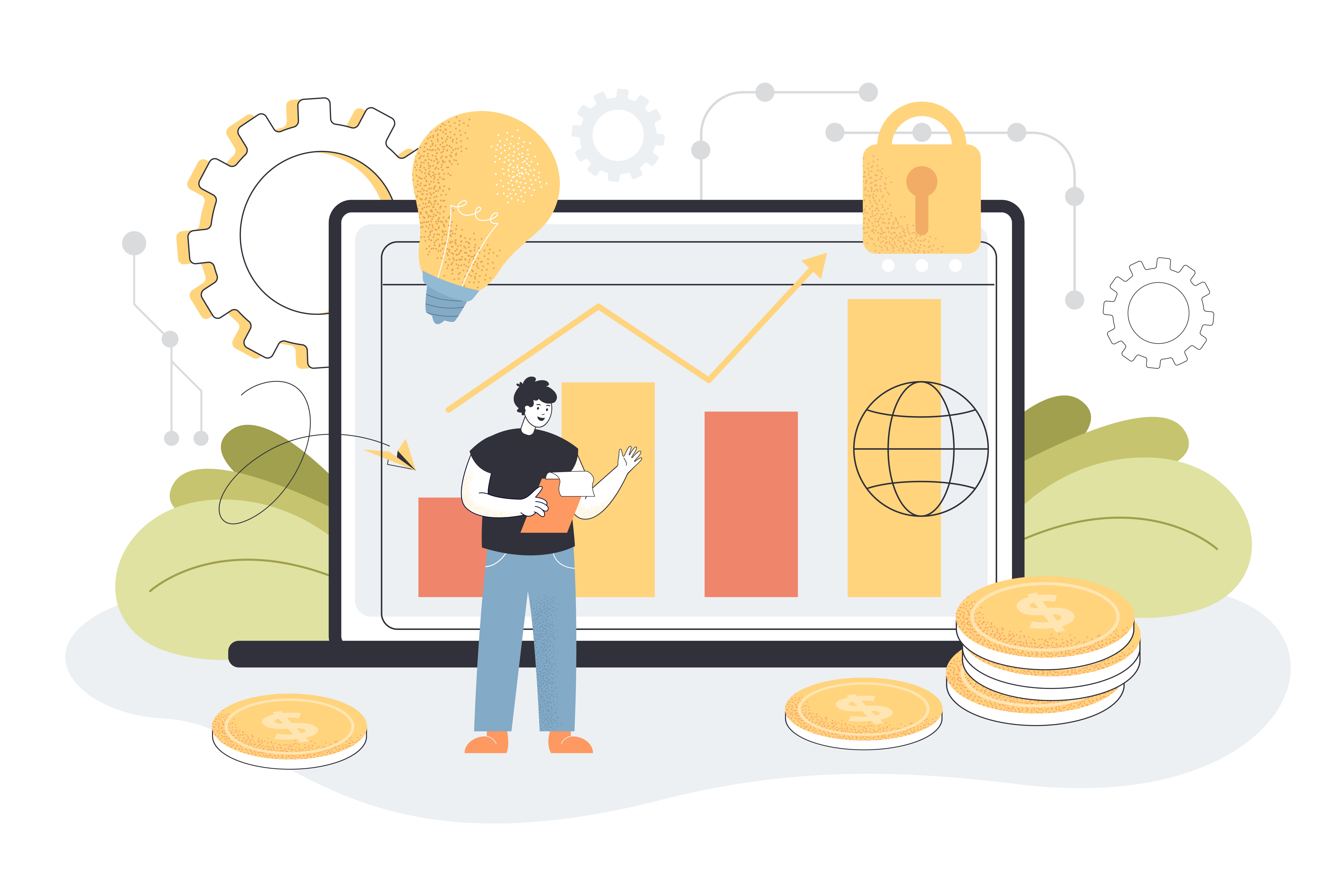As artificial intelligence continues to evolve, terms like “Agentic AI” and “AI Agents” are often used interchangeably. However, they represent distinct concepts within the AI landscape. Understanding the differences between these two can help businesses and developers make informed decisions when integrating AI into their operations.

Defining AI Agents
An AI Agent is an autonomous software entity designed to perform specific tasks within defined parameters. These agents operate based on pre-set rules and are adept at handling repetitive or structured tasks. Common examples include chatbots that answer customer queries or virtual assistants that manage calendars. While they can operate without human intervention, their functionality is limited to the scope of their programming and they lack the ability to adapt beyond their predefined roles.
Exploring Agentic AI
In contrast, Agentic AI refers to AI systems that possess a higher degree of autonomy and adaptability. These systems can make independent decisions, learn from interactions, and adjust their behavior in real-time to achieve complex, multi-step objectives. Agentic AI is not confined to a single task; instead, it orchestrates multiple processes, often coordinating various AI agents to accomplish broader goals. This level of sophistication allows Agentic AI to handle dynamic environments and unforeseen challenges effectively.
Key Differences Between Agentic AI and AI Agents
1. Autonomy and Decision-Making:
- AI Agents operate within predefined rules and require human input for tasks outside their scope.
- Agentic AI systems can independently make decisions and adapt to new situations without explicit instructions.
2. Scope of Functionality:
- AI Agents are task-specific and excel in performing singular, repetitive functions.
- Agentic AI encompasses a broader range of activities, managing complex workflows and coordinating multiple agents.
3. Learning and Adaptability:
- AI Agents have limited learning capabilities and often need manual updates to handle new tasks.
- Agentic AI systems continuously learn from their environment and experiences, refining their operations over time.
4. Application Complexity:
- AI Agents are suitable for straightforward, rule-based tasks.
- Agentic AI is ideal for complex scenarios requiring nuanced understanding and adaptive responses.
Practical Implications for Businesses
Understanding the distinction between Agentic AI and AI Agents is crucial for businesses aiming to leverage AI effectively. For tasks that are repetitive and well-defined, deploying AI Agents can enhance efficiency and reduce operational costs. However, for more complex challenges that require adaptability and real-time decision-making, integrating Agentic AI systems can provide a significant competitive advantage.
For instance, in customer service, an AI Agent might handle standard inquiries, while an Agentic AI system could manage comprehensive customer interactions, learning from each engagement to improve future responses.
Conclusion
While both Agentic AI and AI Agents play vital roles in the AI ecosystem, their applications differ significantly. Recognizing these differences enables businesses to deploy the appropriate AI solutions tailored to their specific needs. As AI technology continues to advance, a hybrid approach that combines the strengths of both may become the standard, offering both efficiency and adaptability in various operational contexts.
Curious how these intelligent AI systems are already transforming real-world communication? Discover how businesses are choosing between automation and human touch in our related article: AI Chatbot vs. Human: Who’s the Better Fit for Your Business?
Heading 2
Heading 3
Heading 4
Heading 5
Heading 6
Lorem ipsum dolor sit amet, consectetur adipiscing elit, sed do eiusmod tempor incididunt ut labore et dolore magna aliqua. Ut enim ad minim veniam, quis nostrud exercitation ullamco laboris nisi ut aliquip ex ea commodo consequat. Duis aute irure dolor in reprehenderit in voluptate velit esse cillum dolore eu fugiat nulla pariatur.
Block quote
Ordered list
- Item 1
- Item 2
- Item 3
Unordered list
- Item A
- Item B
- Item C
Bold text
Emphasis
Superscript
Subscript






.png)


.svg)







